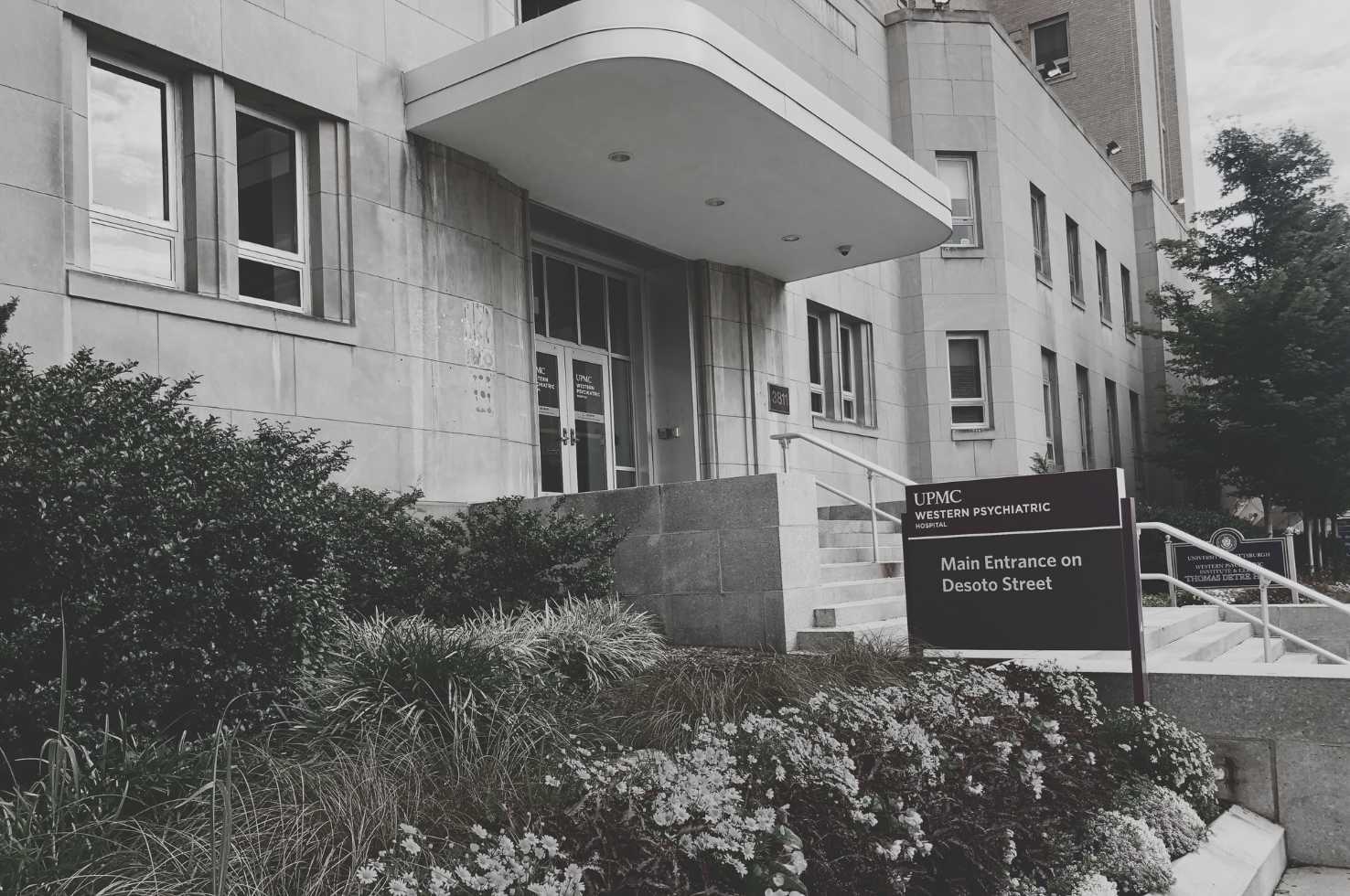The 41st Annual Pittsburgh Schizophrenia Conference

The annual Pittsburgh Schizophrenia Conference, now in its 41st year, presents the latest clinical and research findings to an audience of psychiatrists, nurses, social workers, psychologists, service coordinators, researchers, and mental health policy administrators, as well as to patients and families.
K.N. Roy Chengappa, MD (Professor of Psychiatry) serves as course director for the conference and leads UPMC Western Psychiatric Hospital (WPH)’s Comprehensive Recovery Services, which serves individuals living with psychotic disorders.
Anantha Shekhar, MD, PhD (Senior Vice Chancellor for the Health Sciences, John and Gertrude Petersen Dean of the School of Medicine), introduced keynote speaker Steven Paul, MD (Washington University School of Medicine), whose presentation discussed muscarinic acetylcholine receptor agonists as novel treatments for schizophrenia.
“Dr. Paul delivered an outstanding presentation on an exciting new development in how we care for individuals with schizophrenia,” said Dr. Chengappa. “Xanomeline/Trospium is a new, pro-muscarinic, non-dopamine receptor blocking drug for treatment of adults with schizophrenia, which has been in development for two decades. In fact, Dr. Shekhar published the first proof-of-concept clinical trial of Xanomeline in 2008, so we are particularly pleased that he was able to join us and introduce Dr. Paul.”
Michael F. Green, PhD (UCLA David Geffen School of Medicine) received the Gerard E. Hogarty Excellence in Schizophrenia Research Award, and presented the memorial lecture, entitled Navigating the Social Landscape in Schizophrenia: Understanding and Improving Social Cognition and Motivation. Dr. Green’s decades-long work on social cognition has begun to uncover some of the key elements of negative symptoms and cognitive impairments and is very likely to lead to important treatments both psychosocial and pharmacological that could impact domains that are largely untreated by available antipsychotic medications for persons with schizophrenia.
Deepak Cyril D’Souza, MD (Yale University), presented on the complex relationships between cannabis, cannabinoids, and psychosis. Dr. D’Souza is an expert on research on cannabis and psychoses. His scholarly presentation on the history, changing landscape of cannabis use and misuse (e.g., decriminalization or medical use of cannabis products), the ever-increasing potency of cannabis-containing products, and the impact on the onset or exacerbations of psychoses or cannabis intoxication provided an enlightening perspective on psychiatric treatment of patients with psychosis.
John G. Lovelace, MS, MSIS (UPMC Insurance Services Division), reviewed the history of behavioral/physical health integration efforts and successful models to be considered for implementation. Mr. Lovelace in senior insurance leadership roles in the UPMC healthcare system has been a pioneer and champion of integrating physical and mental health services and his presentation of successful models being developed for broader implementation was well received by the audience.
Jessica Gannon, MD (Associate Professor of Psychiatry), presented the Lorraine Williams Peer Scholarships to deserving peers with the lived experience of serious mental illness for lifetime achievement, advocacy and scholarship.
Tushita Mayanil, MBBS, MD (Assistant Professor of Psychiatry), and Kangho Suh, PharmD, PhD (Assistant Professor, University of Pittsburgh School of Pharmacy), provided a presentation on racial disparities in care, based on five years of claims data from the Allegheny County data warehouse for youth for the year preceding diagnosis with a severe mental illness (such as schizophrenia). They compared this data with that of youth diagnosed with a mood disorder such as major depression.
